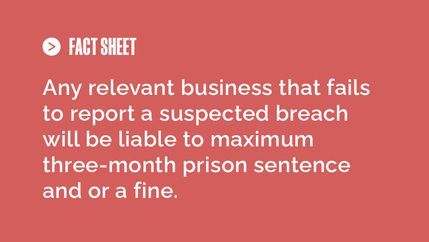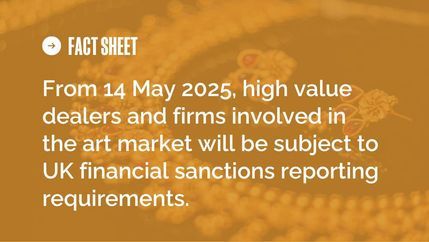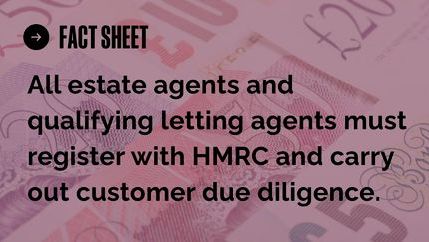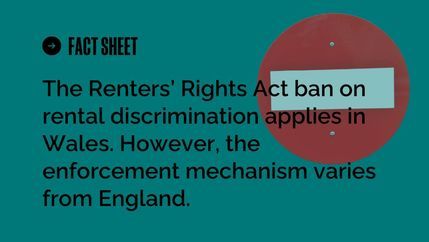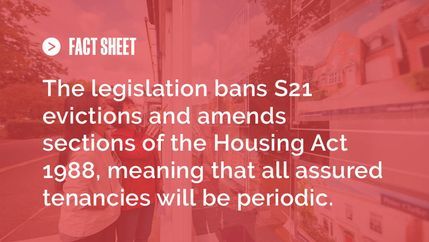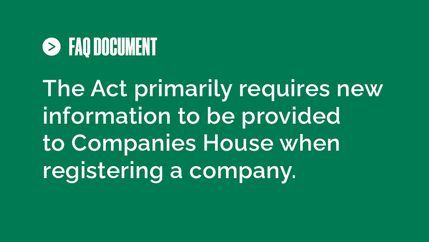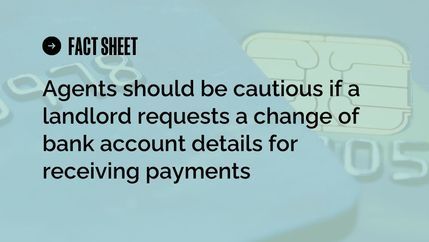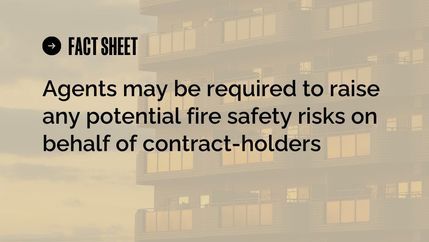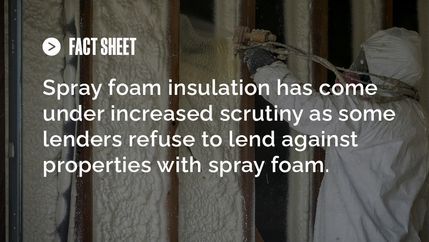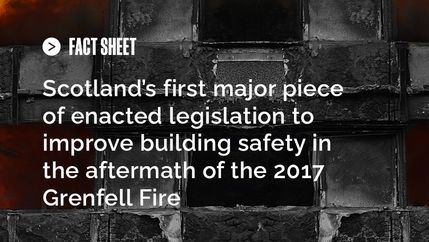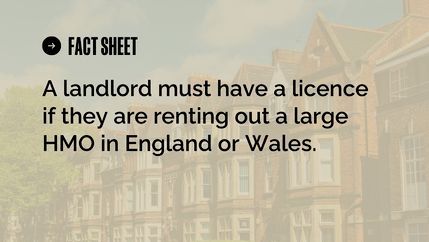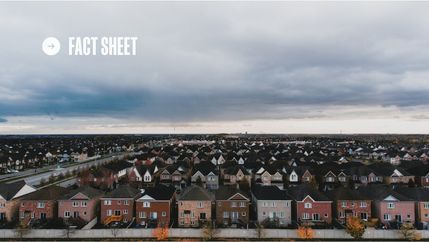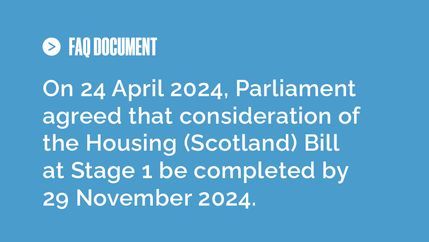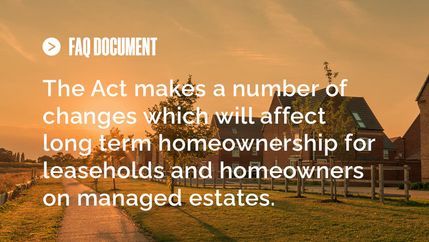Fact sheets and FAQs
Featured document
FAQs: Renters’ Rights Act
The Act reforms rental laws in England. It includes protections for tenants against unfair rent increases, clearer grounds for eviction, and the introduction of a landlord’s ombudsman service. It addresses rental discrimination, the right to keep pets, and enforces the Decent Homes Standard.
FAQ: Digital Markets, Competition and Consumers Act 2024 (Commencement No. 2) Regulations 2025
The Digital Markets, Competition and Consumers Act (DMCC Act) was enacted on 24 May 2024 and provides regulation of competition in digital markets, amending the Competition Act 1998 and the Enterprise Act 2002 and encompassing the protection of consumer rights and other related rights.
Fact Sheet: UK Sanctions Reporting Obligations for High Value Dealers
Under the Sanctions and Anti-Money Laundering Act 2018, the UK Government introduced a new regime of issuing financial sanctions following the UK’s departure from the European Union. Under the Act, businesses specified in the Act have to report to Office of Financial Sanctions Implementation (OFSI) if they suspect they are engaging with a client who is under financial sanctions.
Fact sheet: UK sanctions reporting obligations
Under the Sanctions and Anti-Money Laundering Act 2018, the UK Government introduced a new regime of issuing financial sanctions following the UK’s departure from the European Union. Under the Act, businesses specified in the Act have to report to the OFSI if they suspect they are engaging with a client who is under financial sanctions.
Fact sheet: Money Laundering Regulations
The aim of the legislation is to reduce money laundering and increase the transparency of business operations in the UK. More recent regulations have been largely driven in response to Russia’s invasion of Ukraine, where the focus has been on overseas actors.
Fact Sheet: Discrimination in the rental market (Wales)
On 1 May 2026, the Renters’ Rights Act 2025 will come into force, introducing new measures to tackle rental discrimination. Following confirmation from the UK and Welsh Governments, these provisions will commence in Wales on 1 June 2026, making it unlawful for letting agents and landlords to discriminate against prospective contract holders because they have children or receive benefits.
Fact sheet: Renters’ Rights Act
The legislation is the biggest overhaul of private renting in England, which bans Section 21 evictions, introduces a new periodic tenancy regime, and sets new requirements for property standards and rent increases.
Fact sheet: Writing an AML risk assessment
Under the Money Laundering, Terrorist Financing and Transfer of Funds (Information on the Payer) Regulations 2017 (the MLRs) all Estate Agency Businesses and Letting Agency Businesses with properties that have a monthly rent that is the equivalent to 10,000 Euros or more, must produce a risk assessment.
Fact sheet: Electrical safety standards
The Housing and Planning Act 2016 allowed Ministers to introduce electrical safety standards for tenancies in the private rented sector.
Fact sheet: Right to Rent Immigration Checks
Under the Immigration Act 2014, since 1 February 2016, all landlords of private rented accommodation in England have been required to carry out Right to Rent checks for new tenancy agreements to determine whether all adult occupiers aged 18 and over have the right to live in the UK.
FAQs: Economic Crime and Corporate Transparency Act 2023
The Economic Crime (Transparency and Enforcement) Act was introduced through emergency powers, and the Economic Crime and Corporate Transparency Act 2023 represents a long-term commitment to addressing economic crime in the UK to increase transparency in the ownership and operation of UK businesses.
Fact Sheet: Landlord payment requests
This guidance note helps members understand the steps they should take when a client requests payments to be made into a new account. This will support agents in protecting landlords who may have been compromised and in avoiding potential penalties from HMRC.
Fact Sheet: Building Safety (Wales) Bill
The Building Safety (Wales) Bill sets regulations for the occupation phase of buildings. Propertymark members managing and letting individual flats within these buildings should be mindful of any requirements for residents, so that any key documents for contract-holders can be provided.
Fact sheet: Spray foam installation
Spray Polyurethane Foam (SPF), commonly referred to as spray foam, is a liquid material used to insulate homes. An alternative to traditional building insulation, it's especially advantageous for improving energy efficiency through insulating difficult and tight spaces. However, consumers should carefully consider the impact it can have on valuations, lenders decisions and surveys.
Fact sheet: Housing (Cladding Remediation) (Scotland) Act 2024
A ministerial working group, established in 2020, sought to review the existing issues with cladding and found that the process for remediation was overly complex and was preventing the sale of homes. The Act is designed to help facilitate more buildings to have their cladding remediated to higher standards, so they are less likely to lead to further loss of life in the event of a fire.
Fact sheet: Licensing of Houses in Multiple Occupation (HMOs)
In May 2015, the UK Government announced that they would extend mandatory licensing of HMOs to address poor conditions and overcrowding. Under the Housing Act 2004, an HMO is a property rented out by at least three people who are not from one ‘household’ but share facilities like the bathroom and kitchen.
Fact sheet: Selective licensing
The Housing Act 2004 allows local authorities to apply for Selective Licensing of privately rented properties in areas which are experiencing low housing demand and/or suffering from anti-social behaviour. The same Act also introduced a new licensing regime for Houses in Multiple Occupation (HMO).
Fact sheet: Additional licensing
The Housing Act 2004 introduced licensing for Houses in Multiple Occupation (HMOs). Additional licensing is when a local authority can impose a licence on other categories of HMOs in its area which are not subject to mandatory licensing.
FAQs: Housing (Scotland) Bill
On 26 March 2024, the Scottish Government published the Housing (Scotland) Bill. The Bill is a significant piece of legislation that will have implications for letting agents and their landlords. Here we answer some of the most frequent questions about the proposals contained in the Bill.
FAQs: Leasehold and Freehold Reform Act 2024
One in five properties in England (4.98 million) and one in six in Wales (235,000) are leasehold. The Leasehold and Freehold Reform Act 2024 follows the Leasehold Reform (Ground Rent) Act 2022 and makes a number of changes which will affect long term homeownership for leaseholds and homeowners on managed estates.

